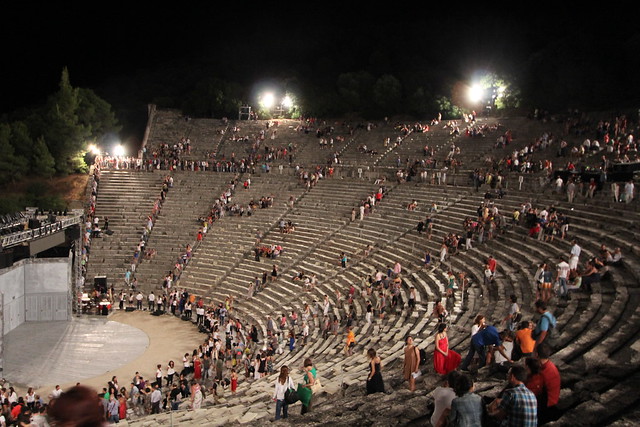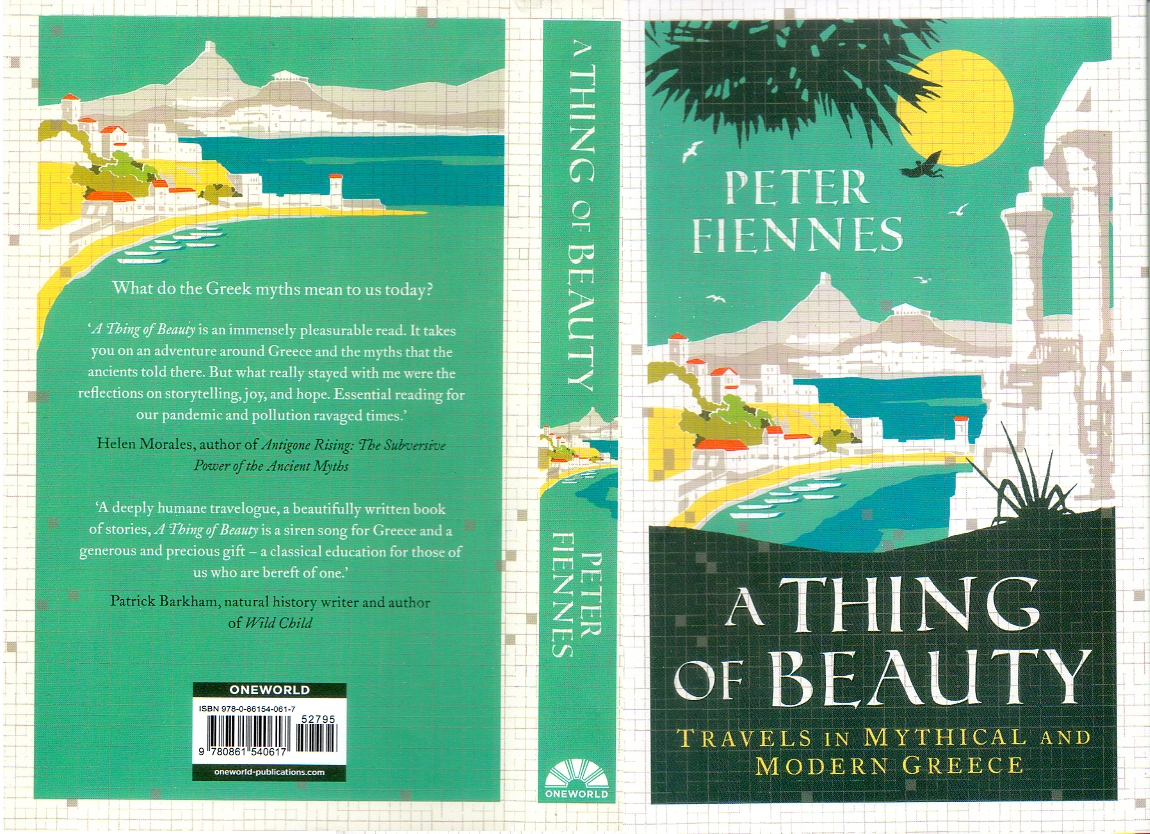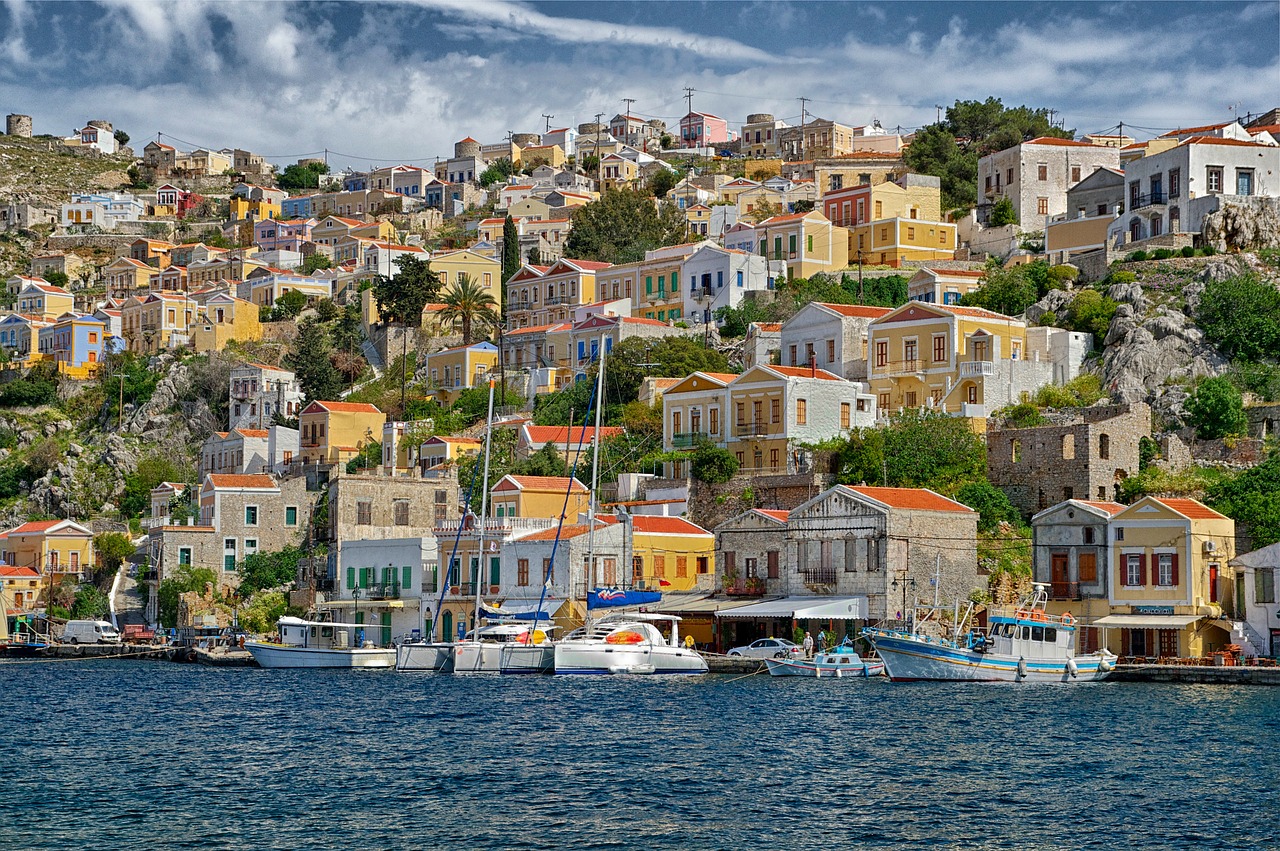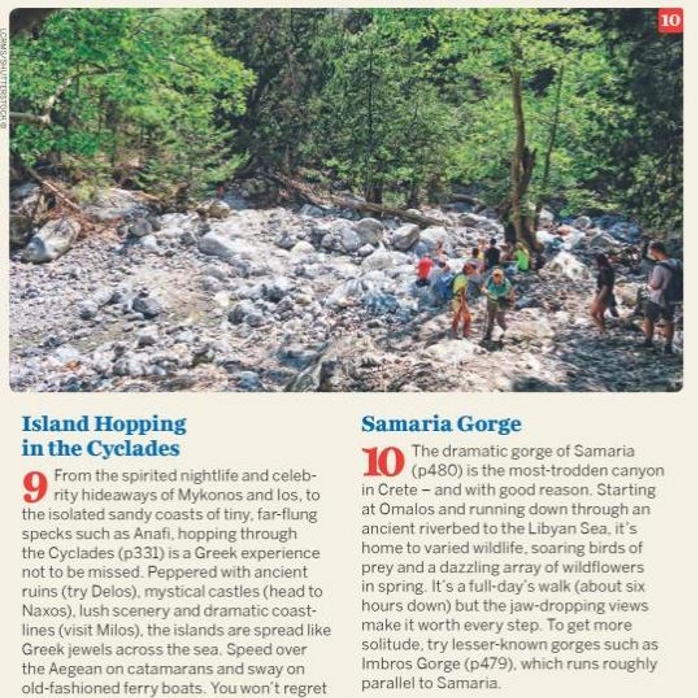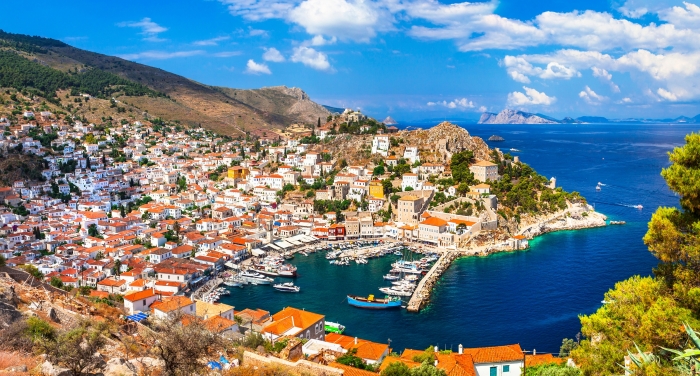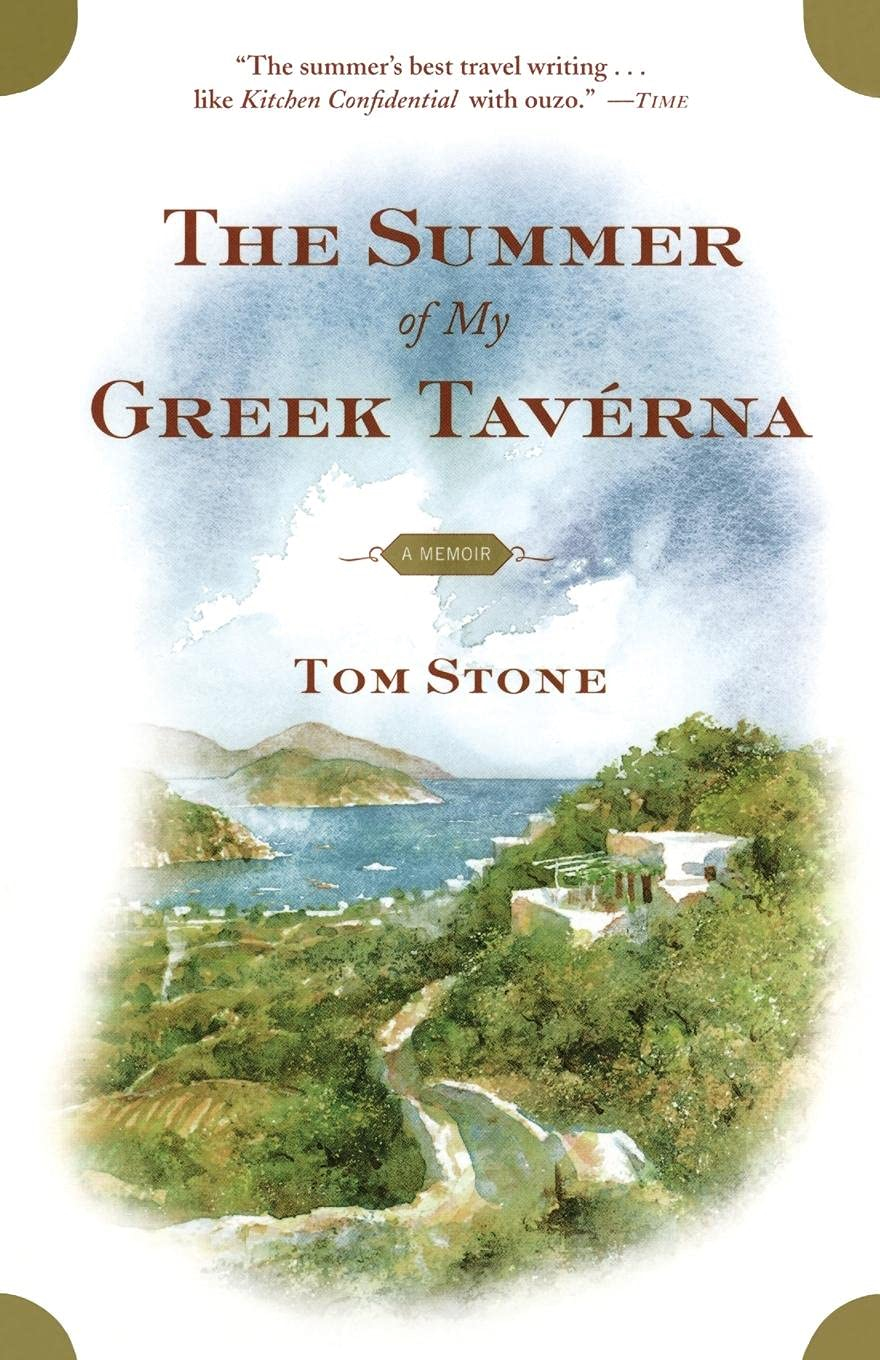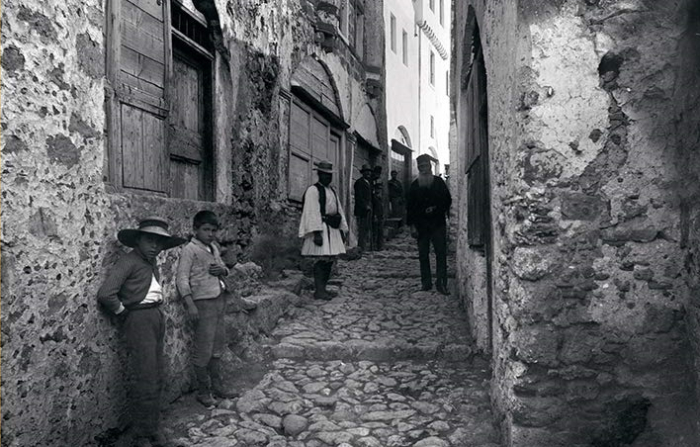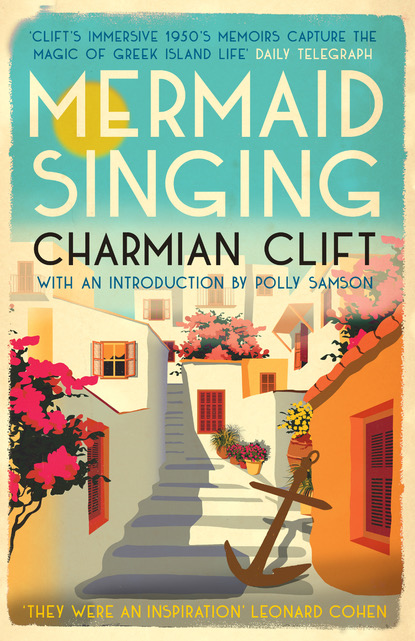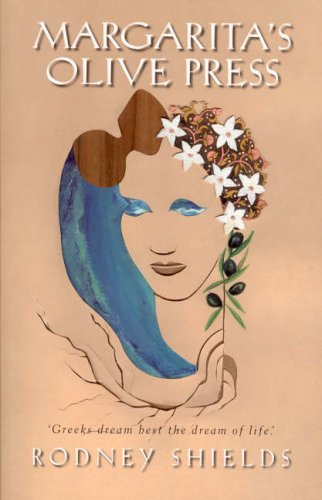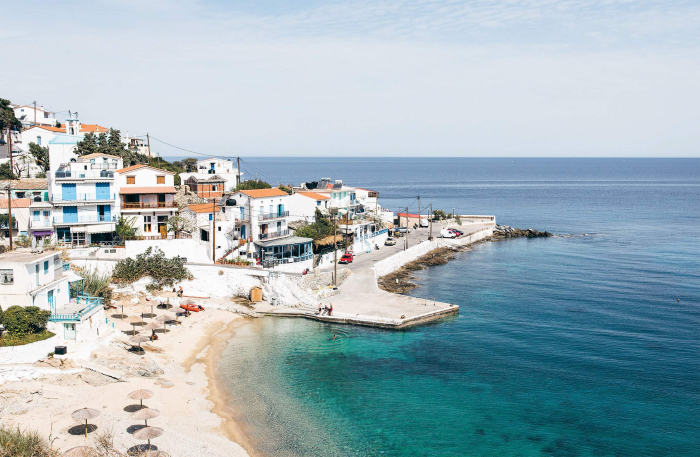- HOME
- Greek Literature
- Great Greek Poets
Great Greek Poets
For such a small nation, Greece has produced an astonishing number of exceptional poets, including two winners of the Nobel Prize for Literature: George Seferis and Odysseus Elytis. The names of other Greek poets like Sappho and Cavafy are known all over the world.
Sappho
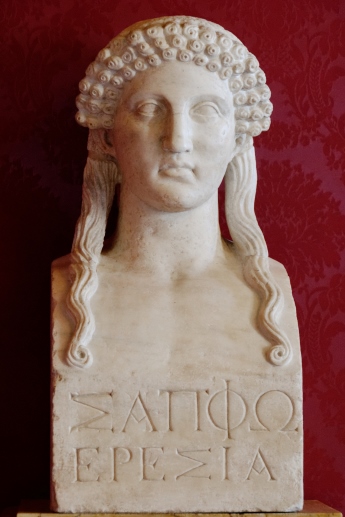
Homer can justifiably be regarded as the father of all poetry, though he is far from being the only Greek figure of importance in the world of verse. Consider the female poet Sappho (650-c.590 BC), whose very name has entered the language in the term ‘sapphic’ to describe lesbian love. The word lesbian itself comes from the fact that Sappho was born on the island of Lesbos in the northern Aegean. In fact there is no concrete evidence to prove that Sappho was herself a lesbian, and much to indicate the opposite.
Sappho is said to have been a lover of the male poet, Alcaeus (c.620-c.580 BC), to have married and had a child by another man, and to have committed suicide by throwing herself off a clifftop on the island of Lefkada due to unrequited love for a boatman. The belief in her lesbianism came from another poet, Anacreon (c.572-488 BC), who claimed that Sappho was sexually attracted to the women to whom, she taught poetry.
Of the poetry itself only fragments survive from the nine books that she wrote, but she was so highly regarded that long after her death the philosopher Plato (c.428-347 BC) described her as being the tenth muse.
Cavafy
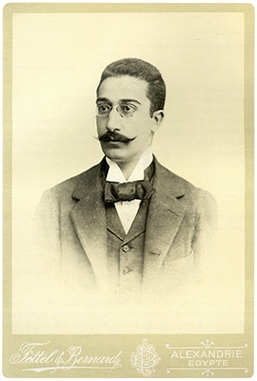
Of later Greek poets, one of the greatest is Constantine Cavafy (1863-1933). Although he was born and spent most of his life in Alexandria in Egypt, C.P. Cavafy was a Greek and used many Greek myths and historical incidents in his work, which included such poems as ‘Ithaca’, ‘Returning from Greece’ and ‘In Sparta’. He was a troubled homosexual, who published comparatively little during his lifetime.
George Seferis
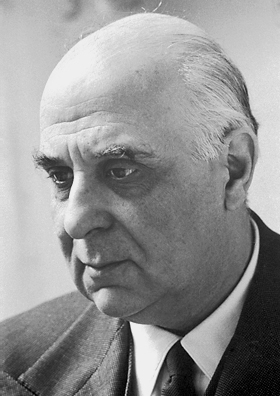
A great admirer of Cavafy was the poet and diplomat George Seferis (1900-1971), who became the first Greek poet to win the Nobel Prize for Literature, in 1963. While no Greek writer can ignore the country’s immense history, Seferis wrote more about what it was to be a modern Greek, and about the question of alienation - he himself was born in Smyrna, when it was Greek, but which is now Turkish Izmyr. He studied in Athens and at the Sorbonne, and in addition to his own work undertook the challenging task of translating T.S.Eliot's 'The Waste Land' into Greek.
Odysseus Elytis
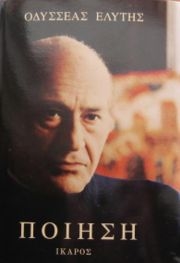
In 1979 Odysseus Elytis (1911-1996) became the second Greek poet to be given the Nobel Prize. Elytis was born on Crete and, like Seferis before him, was educated in Athens and Paris. He fought against the Italians during their invasion of Greece during World War II, and wrote powerfully and poignantly about the experiences, continuing the great tradition of war poets which goes back to the several unknown Greek poets who wrote about the Trojan Wars. See also our Sikinos page.
Latest Posts
-
The Lesser-Known Traditions of Greek Easter
Step off the beaten path this spring and discover the enchanting — and often surprising — Easter traditions found across Greece. -
Easter in the Mystical Castle of Monemvasia
In the castle town of Monemvasia, with its dramatic medieval backdrop and sea views, Easter is a deeply spiritual and atmospheric experience. -
Sifnos: Greece’s Hidden Culinary Star on the Rise
Sifnos, a Cycladic island, is gaining fame for its rich culinary heritage, especially the beloved melopita honey-cheese tart. -
Easter in Leonidio: A Tapestry of Light, Culture and Cliffs
In Leonidio, Easter comes alive with handmade hot air balloons in the sky and lanterns made from bitter oranges in the streets. -
April 9 Strike in Greece to Impact Public Transport, Ferries and Air Travel
Transportation and travel across Greece will face disruptions on Wednesday, April 9, as public transport, ferry and aviation workers join a nationwide strike called by Greek labor unions. -
Ancient Theater of Lefkada Brought Fully to Light Following Systematic Excavation
The Greek Culture Ministry has announced that the first ancient theater ever identified in the Ionian Islands has recently been brought fully to light on Lefkada, revealing an impressive monument that… -
Seven Greek Traditions Recognized as Intangible Cultural Heritage
From traditional barrel-making to age-old folk dances, seven new entries on Greece’s National Inventory preserve the country’s living heritage for future generations. -
Greek Air Traffic Controllers to Hold 24-hour Strike, Disrupting Flights on April 9
The Hellenic Air Traffic Controllers Union have announced a 24-hour strike for Wednesday, April 9, in response to the protest called by the Civil Servants’ Confederation (ADEDY). The strike is being h… -
Ten Best Budget Hotels on Santorini
Greece Travel Secrets picks the ten best budget hotels on Santorini, some with caldera views, some near beaches and some close to the heart of Fira. -
No Ferries in Greece on April 9 as Seamen Join Nationwide Strike
The Pan-Hellenic Seamen’s Federation (PNO) has announced its participation in the 24-hour strike called by the General Confederation of Greek Labor (GSEE) on Wednesday, April 9. The strike, which will…






